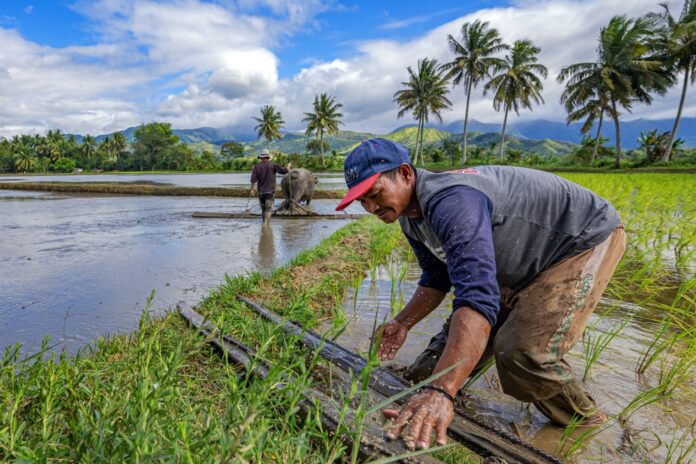The Department of Agriculture (DA), the Philippine Rice Research Institute (PhilRice), and the National Irrigation Administration (NIA) are driving efforts to enhance rice productivity in Marinduque with the adoption of the double dry cropping system. This system aims to maximize rice output during the dry seasons, improving farmer incomes and ensuring food security amid climate change.
Through the Rice Competitiveness Enhancement Fund (RCEF), 5,546 bags of certified inbred seeds have been distributed to Marinduque farmers, covering 2,558 hectares of land. The early delivery of high-yield varieties like NSIC Rc 160 is already benefiting farmers, with some reporting a doubling of their yields. The initiative is part of the MaSaGana Rice Industry Development Plan (MRIDP), which aims to boost farm productivity and resilience by adjusting planting calendars and introducing sustainable farming practices.
NIA has committed to providing steady irrigation for both the regular and second dry seasons, ensuring farmers can fully benefit from the two cropping cycles. Agriculture Secretary Francisco P. Tiu Laurel Jr. highlighted the significance of expanding the RCEF program, with funding for the initiative set to triple next year.
This policy-driven initiative is pivotal in ensuring higher rice yields, mitigating climate-related risks, and reinforcing the nation’s food security strategy.







